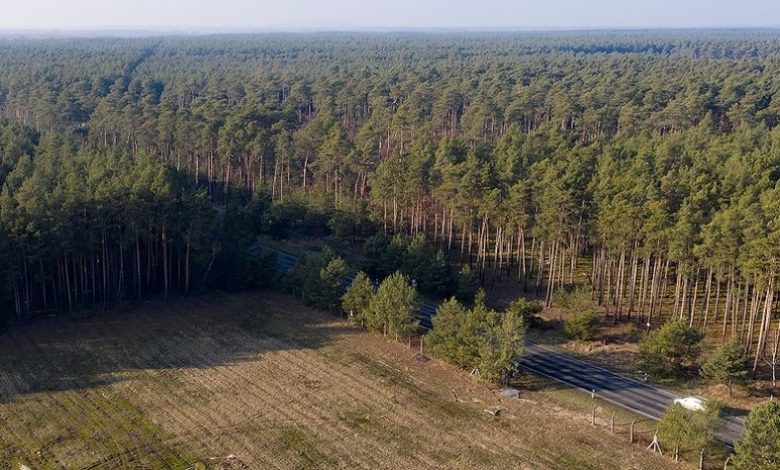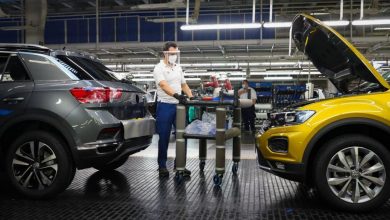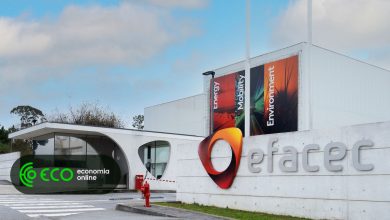
Tesla’s European factory risks legal delay over wildlife
Tesla and the government of Brandenburg, where the plant is located, have until mid-day on Tuesday to respond to the court and will meet that deadline, Joerg Steinbach, Brandenburg’s economy minister, said on Twitter, adding that they will then “rely on the prompt decision” by the court.
If Tesla does not clear the trees by mid-March before the wildlife breeding period, construction could be delayed by six to nine months, local officials have warned.
The injunction threatens Tesla’s ambitious timetable of having the factory in Gruenheide up and running from mid-2021. If it does clear Germany’s red tape, the site could churn out as many as 500,000 cars a year, employ 12,000 people and pose a serious challenge to Volkswagen, Daimler and BMW.
The factory will be designed with “sustainability and the environment in mind,” Musk said last month on Twitter, adding that Tesla will plant three new trees for every tree cut.
Workers have already scoured the equivalent of about 150 soccer fields of forest and removed most of the errant World War II ammunition found there. Logging started last week after Brandenburg’s environment ministry granted Tesla preliminary approval to begin works.
The project’s environmental stipulations include scaring off or relocating wolves, bats, snakes and lizards until construction is over.
Under German regulations, the project must consider the breeding period for local wildlife in spring.
Lawmakers from the pro-business Christian Democrat and Free Democrat parties have warned that the legal battle waged against the factory would inflict serious and long-lasting damage on Germany’s image as a place to do business.
Local and national lawmakers have been caught out by the strength of opposition to the factory, with hundreds of demonstrators protesting over what they say is the threat it poses to local wildlife and water supplies.
Tesla currently has two factories in the United States and one in Shanghai, China.
Font: Automotive News Europe





